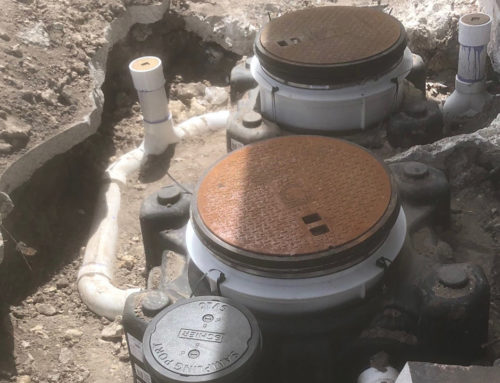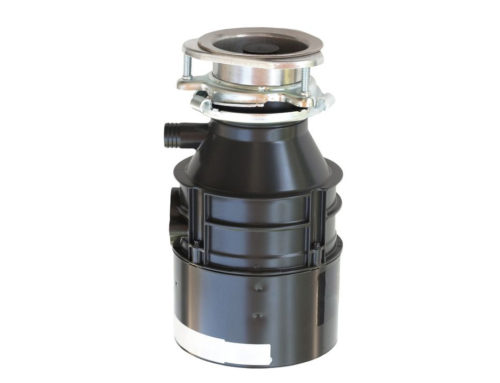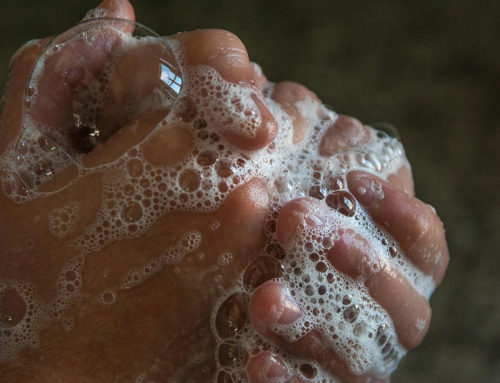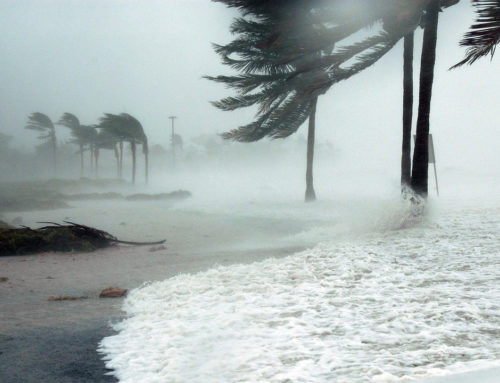Are Coffee Grounds Bad for Your Septic System?
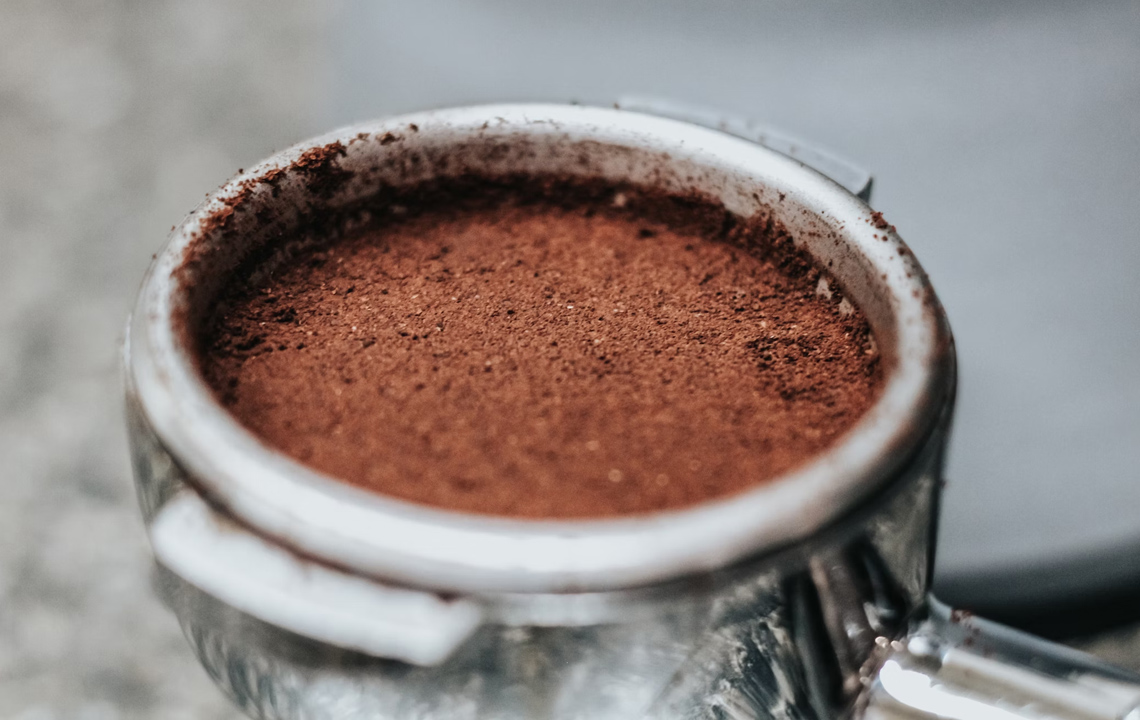
Coffee grounds are a common kitchen waste product that many people dispose of down the drain or in their garbage disposal. However, when it comes to septic systems, there is some debate about whether coffee grounds are harmful or not. Let’s explore the potential impact of coffee grounds on septic systems and whether they pose a threat to the proper functioning of these wastewater treatment systems.
Role of Septic System
Septic systems are designed to treat and dispose of household wastewater in an environmentally friendly manner. They consist of a septic tank and a drain field, and their operation relies on the natural breakdown of organic matter by bacteria. The bacteria in the septic tank help decompose solids, and the liquid effluent is then released into the drain field for further treatment in the soil.
Potential Issues
One argument against disposing of coffee grounds in the septic system is that they can contribute to the accumulation of solid material in the tank. Coffee grounds are relatively small and dense, and some believe that they may not break down as easily as other organic matter. The concern is that over time, the buildup of coffee grounds could lead to increased sludge in the septic tank, reducing its efficiency and potentially causing blockages.
On the other hand, proponents of disposing of coffee grounds in septic systems argue that when used in moderation, coffee grounds may not pose a significant threat. They point out that coffee grounds are organic and biodegradable, which means that under the right conditions, bacteria in the septic tank should be able to break them down.
How Much is Too Much?
It’s important to note that septic systems are sensitive environments and any foreign material that disrupts the balance of bacteria can potentially impact their performance. Excessive use of coffee grounds or any other substance that overwhelms the system’s natural processes could lead to problems such as clogs, odors, or even system failure.
To ensure the proper functioning of your septic system, it’s advisable to follow some general guidelines for waste disposal. First and foremost, avoid using your toilet or sink as a garbage disposal. This means refraining from flushing non-biodegradable items, grease, or large amounts of any substance, including coffee grounds.
Moderation is Best
If you choose to dispose of coffee grounds in your septic system, consider doing so in moderation. Instead of dumping a large quantity at once, spread them out over time. Additionally, you may want to mix coffee grounds with other organic kitchen waste to maintain a diverse and balanced microbial population in the septic tank.
In conclusion, the impact of coffee grounds on septic systems is a topic of debate. While some argue that coffee grounds can contribute to septic tank issues, others believe that moderate use may not pose a significant threat. To err on the side of caution, it’s essential to follow good septic system practices and avoid overwhelming the system with excessive amounts of any material, including coffee grounds. Regular septic system maintenance and adherence to recommended disposal guidelines will contribute to the longevity and efficiency of your wastewater treatment system.
Find out more about what will destroy a septic tank.

